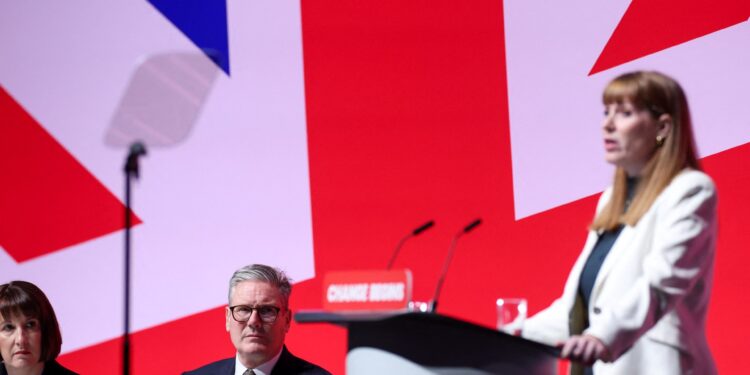The UK Treasury said it is reconsidering parts of the ruling Labor Party’s plan to reform the tax system for non-residents (known as “non-domes”) amid concerns that the proposed reforms may not generate the expected revenues and could prompt wealthy foreigners to leave the UK, according to… I moved it British Broadcasting Corporation “BBC”.
The reforms were originally intended to raise money for public services such as the NHS, but doubts are now growing about their effectiveness.
What is the non-dom system?
The term “non-dom” means “non-resident” who is resident in the United Kingdom and whose permanent home or residence for tax purposes is outside the United Kingdom. Under the current system, non-doms only pay tax in the UK on money they earn within the country, while income they generate abroad remains untaxed unless remitted to the UK.
This system allowed many wealthy individuals to realize significant tax savings by declaring their domicile in low-tax states.
Rethink revenue forecasting
Concerns are growing that Labor’s plans to undo some of the concessions introduced by the previous Conservative government may not achieve the expected revenue of one billion pounds ($1.34 billion), and may not achieve any revenue at all, according to the BBC.
This amount was supposed to be allocated to fund more appointments at hospitals and dental clinics, as well as school breakfast clubs. However, the Treasury now acknowledges that half of the revenue expected from scrapping non-dom could be lost as a result of changes in taxpayer behaviour.
He pointed out CEO of tax consulting firm Blake Rothenberg, Nimish Shah, told the BBC, that some non-doms had begun to leave the UK after the spring budget announcement by former Conservative Chancellor of the Exchequer Jeremy Hunt in March 2024. “The vast majority, in my experience, are those who are planning to leave,” Shah said. country over the next 12 to 18 months,” he said, noting practical challenges such as relocating families, jobs and businesses.
Potential impact on government revenues
Last March, the Office for Budget Responsibility (OBR) estimated that revenues from the non-dom system were “highly uncertain,” with many non-doms choosing between entering and exiting the system annually. Changes in assumptions about immigration can significantly affect the amount of revenue the government can raise by tightening rules.
Former Chancellor of the Exchequer Nadhim Zahawi pointed out that in July alone, 5,000 British residency applications were made in places such as Monaco, highlighting the potential for capital flight if tax policy becomes stricter.
Reform the tax system
While the Treasury is considering possible amendments, such as gradually applying inheritance tax rules on trusts or offering a deduction on foreign income for the coming year, it remains committed to abolishing the non-dom system, according to the same source.
A Treasury spokesperson said: “We are committed to tackling injustice in the tax system so we can raise the revenue needed to rebuild our public services. That is why we are working to remove the non-resident tax system and replace it with a new residence-based system, focused on attracting the best talent and investment to the UK.” “.
The final decision on these reforms remains uncertain, but the debate highlights the tension between increasing tax revenues and maintaining wealthy residents who contribute to the economy.



